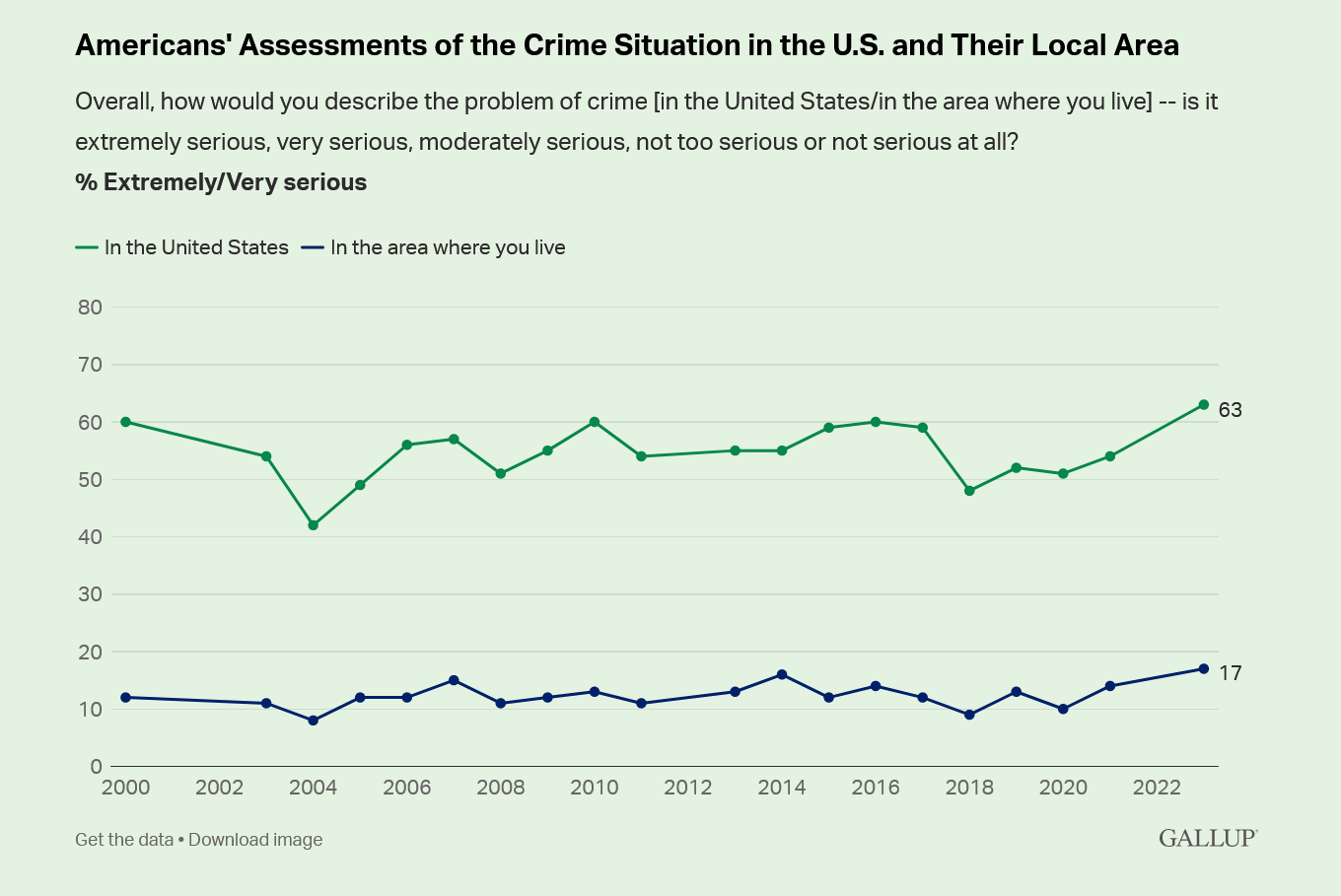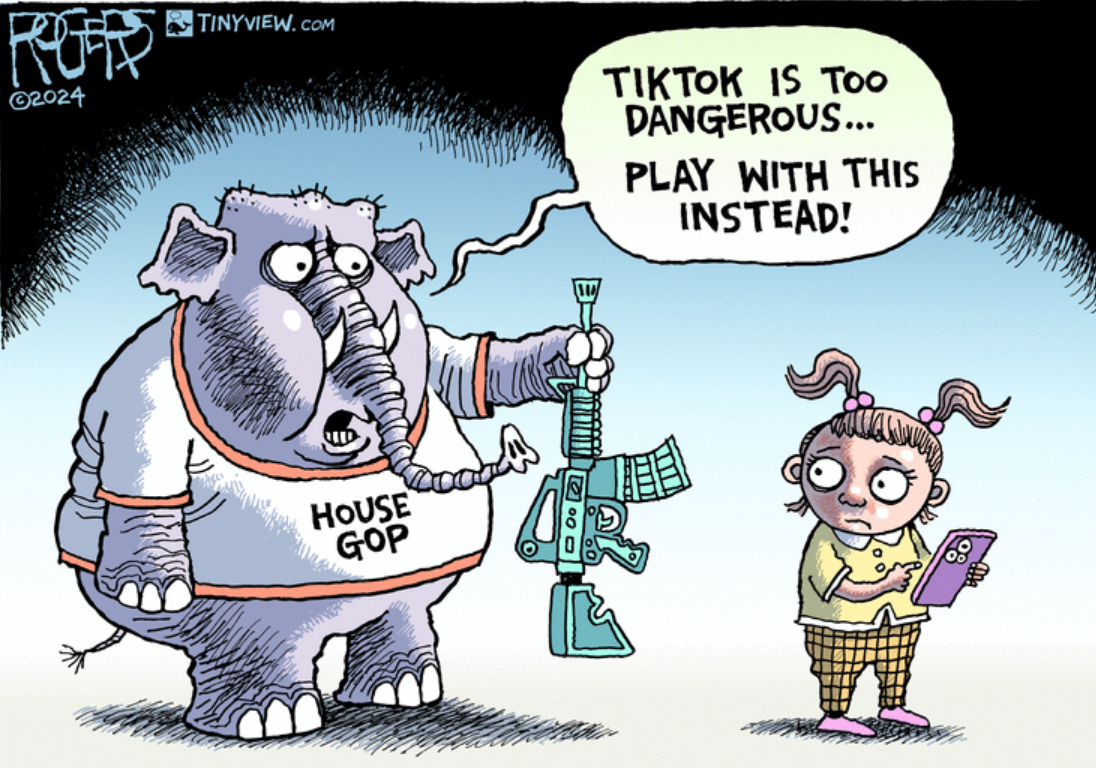The Daily Escape:

MLK statue through Cherry blossoms, Tidal Basin, DC – March 2024 photo by National Parks Service
An event in Russia highlights how difficult it is for many to believe what they’re reading and hearing. A terrorist attack took place in the outskirts of Moscow at the Crocus City Hall last Friday. At least 133 people were killed and more than 100 others were injured in the attack just before a performance by a rock band. Assailants who were dressed in camouflage uniforms opened fire and reportedly threw explosive devices inside the venue, which was left in flames with its roof collapsing after the deadly attack.
The Islamic State in Afghanistan known as the Islamic State in Khorasan Province, (ISIS-K) – subsequently claimed responsibility for the attack.
And that’s where the charges and countercharges about who was behind the deed started flying across the internet. Earlier, on March 7, the US Embassy in Russia issued a warning to “avoid large gatherings over the next 48 hours”:
“The Embassy is monitoring reports that extremists have imminent plans to target large gatherings in Moscow, to include concerts, and US citizens should be advised to avoid large gatherings over the next 48 hours.”
Apparently the US Embassy also passed this information on directly to their Russian counterparts. It’s likely that the collapse of US-Russia relations since the start of Ukraine/Russia war makes it very difficult for Russia’s security services to take seriously any intelligence the US might provide about possible attacks.
All of this led to the US State Department saying that ISIS-K was to blame, while the Russians accused Ukraine. Unsurprisingly, Putin is all over the idea that Ukraine is behind the attack: (emphasis by Wrongo)
“They were trying to hide and were moving toward Ukraine….Based on preliminary information, a window for crossing the border was prepared for them by the Ukrainian side.”
Whether or not this is true, it represents a Russian verdict on Ukraine’s guilt.
But think about Putin’s “window”. The idea that escaping terrorists would head for Ukraine is nuts. Russia has 20,000 miles of border. The Russian-Ukrainian portion of it is covered with Russian soldiers and security forces. The Ukrainian side is heavily mined. It’s a site of active combat. It’s almost the last place an escaping terrorist would choose to run to.
Ukrainian officials have denied having anything to do with the attack, and American officials have said there is no evidence of any Ukrainian involvement. From Paul Campos:
“…people often forget that a) Russia occupies vast territories populated predominantly by Muslims, b) Russia has waged a brutal war of terror in order to subjugate some of those territories, and c) Russia has been a target of radical Islamist terror in the past. Consequently, allegations of ISIS-K involvement easily pass the smell test.”
It’s apparent that neither side is remotely interested in a comprehensive investigation. The State Department’s verdict was that Ukraine was innocent and ISIS K was to blame. The Russian FSB’s verdict is that it was hired nobodies from Tajikistan who were sponsored by Ukraine’s GUR (intelligence service) – and thus it was a terrorist act supported by the West. From Timothy Snyder:
“Russia and the Islamic State have long been engaged in conflict. Russia has been bombing Syria since 2015. Russia and the Islamic State compete for territory and resources in Africa. Islamic State attacked the Russian embassy in Kabul. This is the relevant context for the attack outside Moscow.”
Finally CNN begs to differ with the Russians: (parenthesis by Wrongo)
“In March alone, Russian authorities had thwarted several ISIS-related incidents, according to RIA (the state-run RIA-Novosti news agency). On March 3, RIA reported that six ISIS members were killed in a counter-terrorist operation in the Ingush Karabulak; on March 7, it said security services had uncovered and “neutralized” a cell of the banned organization Vilayat Khorasan in the Kaluga region, whose members were planning an attack on a synagogue in Moscow; and on March 20, it said the commander of an ISIS combat group had been detained.”
It is in Putin’s interest to pin the attacks on Ukraine because Russia needs to mobilize more troops to finish the Ukraine job.
OTOH, if Ukraine had anything to do with the murdering of Russian civilians on an industrial scale, the West would shut off their arms & ammo supplies. The US and NATO has zero reason to risk starting a nuclear war by allowing it’s Ukrainian client to murder and maim Russian civilians.
And Ukraine targeting civilians doesn’t fit with their strategy of attacking Russian airfields, refineries, railroads, critical bridges, and FSB offices. If they were going to kill civilians it would be workers in weapons factories or oil industry or railway employees.
Meanwhile during and since the incident, Ukraine attacked two Russian Ropucha Class landing ships, the Black Sea Fleet Communications Center in Sevastopol, and a few more refineries.
Time to wake up America! We need to see beyond the headlines in a complicated story like this terrorist attack in Moscow. This is why people who get their news from social media without better research into the full gamut of possibilities will make bad conclusions about what/who is behind this. It’s probably a good idea for all of us to keep our powder dry and wait for the evidence to tell the story.
To help you wake up, watch and listen to three guys play boogie-woogie on a public piano in St. Pancras station in London. This is an excellent tune to start your day:
































